Research on the Construction of Smart, Safe and Resilient Cities
DOI: 10.23977/jceup.2024.060113 | Downloads: 6 | Views: 130
Author(s)
Wei Li 1
Affiliation(s)
1 School of Urban Construction and Safety Engineering, Shanghai Institute of Technology, Shanghai, China
Corresponding Author
Wei LiABSTRACT
The research on the construction of smart safe and resilient cities mainly focuses on how to use advanced information technology and data analysis means to build urban systems that can predict, respond to and adapt to various natural disasters and man-made risks through appropriate methods, so as to improve the city’s ability to respond to emergencies and resilience. The main significance of this study is that with the acceleration of global climate change and urbanization, cities are facing increasing security threats, so it is particularly urgent to build a resilient city that can effectively manage these risks and protect residents’ life and property safety. Through the analysis of the experimental data, it can be seen that the data recognition rate of the smart safe and resilient city system in the four aspects of household risk rate, social risk discovery rate, residential risk rate and information risk discovery rate ranges from 77.24% to 84.31%, and the comfortable voting rate of the system is 72.45%, which is the highest compared with other subjects in the experiment. It can be seen that the construction of smart, safe and resilient cities can build a relatively safe and sustainable urban environment.
KEYWORDS
Urban Safety, Smart City, Internet of Things Technology, Data AnalysisCITE THIS PAPER
Wei Li, Research on the Construction of Smart, Safe and Resilient Cities. Journal of Civil Engineering and Urban Planning (2024) Vol. 6: 92-97. DOI: http://dx.doi.org/10.23977/jceup.2024.060113.
REFERENCES
[1] Dai Chunping. Research on the value of integrating Internet of Things technology into the training process of traditional pharmaceutical talents -- A case study of Guangdong Food and Drug Vocational College. Gansu Science and Technology, 2022, 38(10):73-75.
[2] Wang Shengbin. Application research of Internet of Things technology in fire fighting and rescue work. Fire Protection Industry: Electronic Edition, 2022, 8(4):67-68.
[3] Liu Yinxi, Dong Yang. Collaborative governance of smart cities from the perspective of public value creation. Journal of Tongji University: Social Science Edition, 2023, 34(1):68-76.
[4] Shi Xiaojing, Zhu Xiaolu. Application of identity and access management technology in smart city. Communications Technology, 2022, 55(1):116-121.
[5] Liao Yitong, Zhou Suhong, Xiao Luzi. Urban security map of different income groups and its environmental influencing factors. Acta Geographica Sinica, 2023, 78(6):1467-1483.
[6] Zhao Ji, Liu Jiajia. Research on the construction of digital empowered city security information system. Information Journal, 2023, 42(4):172-177.
[7] Zheng Chunhui. Research on computer big data analysis and cloud computing network technology. Journal of Information Recording Materials, 2023, 24(8):146-148.
[8] Zhang Hui, Zhang Hanyue, Li Renjun. Does smart city construction promote new urbanization and market integration: Can’t have it both ways? Tropical Geography, 2023, 43(4):681-694.
[9] Liu Lei, Zhao Yaqiong. Urban safety emergency response cooperation network: Network structure and main role: A case study of Shouguang flood incident. Urban Development Research, 2020, 27(3):91-99.
[10] Guang Xialei, Wang Bing, Wu Chao, et al. Research on security management model and system of intelligence-led smart city. Journal of Information, 2020, 39(2):148-152.
[11] Wang Zhichen, Feng Jingyi. Intelligent medical system based on Internet of Things technology and its development and application in China. China Medical Equipment, 2022, 37(1):174-179.
[12] Chen Xiumei. Computer room environment control system based on Internet of Things. Television Technology, 2021, 45(8):59-62.
[13] Hu Rufu. Strategy analysis of combining Internet of Things technology and LTE wireless communication technology. Information Recording Materials, 2023, 24(11):66-72.
[14] Xl A, Hao L A, Ww A, et al. Big data analysis of the internet of things in the digital twins of smart city based on deep learning. 2021, 128: 167-177.
[15] Lv Zhihan, Chen Dongliang, Lou Ranran, and Wang Qingjun. Intelligent edge computing based on machine learning for smart city. Future Generation Computer Systems, 2021, 115: 90-99.
| Downloads: | 3791 |
|---|---|
| Visits: | 107848 |
Sponsors, Associates, and Links
-
Journal of Sustainable Development and Green Buildings
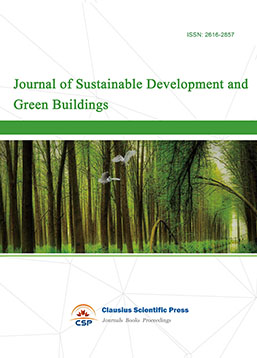
-
Landscape and Urban Horticulture
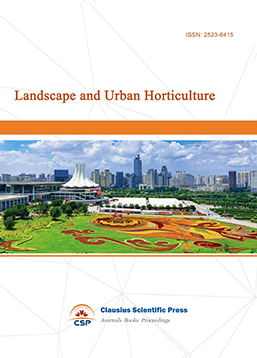
-
Bridge and Structural Engineering
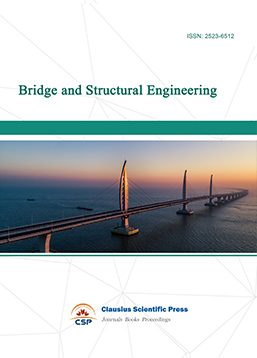
-
Soil Mechanics and Geotechnical Engineering
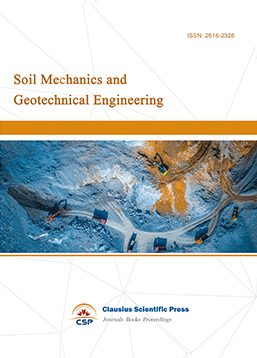
-
Journal of Municipal Engineering
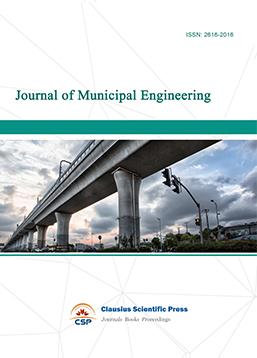
-
Heating, Ventilation and Air Conditioning

-
Indoor Air Quality and Climate

-
Computer Aided Architecture Design
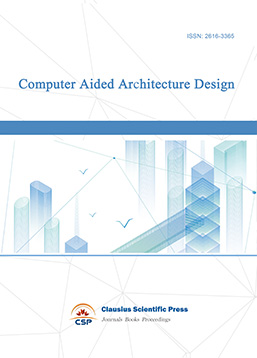

 Download as PDF
Download as PDF